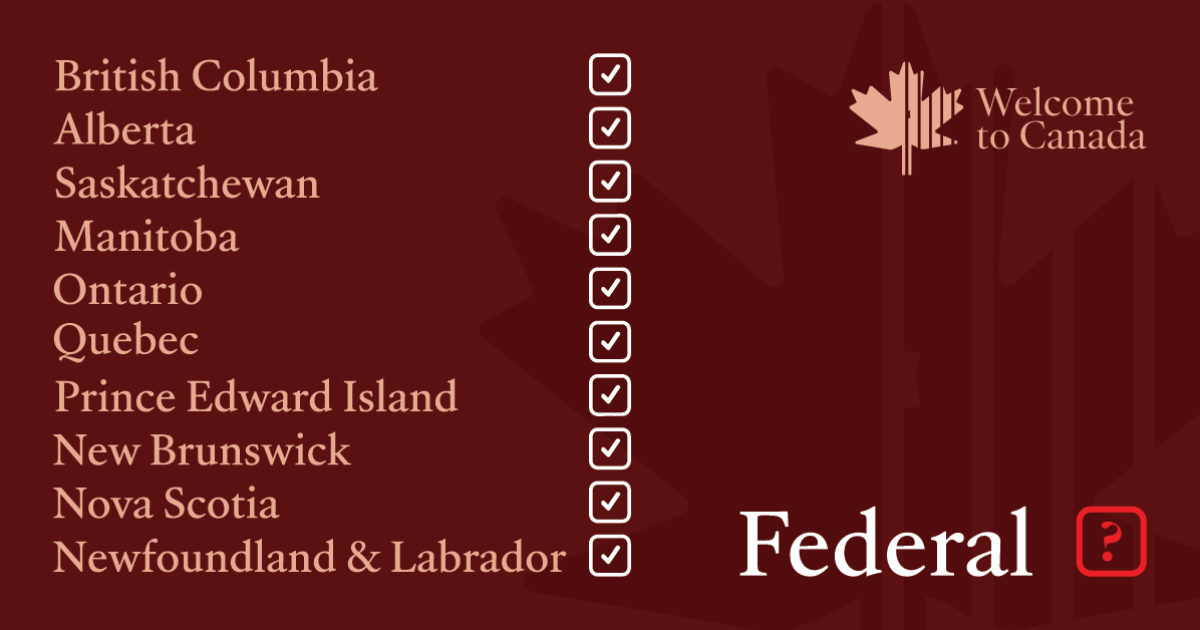
The recent decision by the U.S. Department of State to revoke the visas of six foreigners for their social media commentary about Charlie Kirk—a conservative activist whose untimely death has ignited a firestorm of political debate—serves as a stark reminder of the double standards that permeate our immigration policies and the broader implications for free speech. The State Department’s declaration that it has “no obligation to host foreigners who wish death on Americans” does more than just appear reactionary; it highlights a disturbing trend toward the criminalization of dissent, particularly when that dissent arises from marginalized voices abroad.
Kirk, who was posthumously awarded the Presidential Medal of Freedom by Donald Trump, is depicted by his supporters as a martyr for truth. Yet, this narrative conveniently glosses over the troubling aspects of his legacy—his promotion of xenophobic rhetoric and his role in galvanizing a divisive political climate. The State Department’s move to revoke visas based on social media posts that criticize Kirk not only reflects an overreach of governmental power, but also a broader systemic issue: the silencing of voices that dare to challenge the status quo, particularly when those voices are non-American.
The State Department’s actions are emblematic of a worrying trend in the U.S. whereby dissenting opinions, especially from international figures, are met with hostility and retribution. The targeted individuals are from South Africa, Brazil, Paraguay, and Mexico, nations that have their own struggles with inequality and social justice. By penalizing these individuals for their remarks, the U.S. government is reinforcing a narrative that only certain perspectives are acceptable within the American discourse—those that align with the dominant, often xenophobic, ideology.
Moreover, this incident is not an isolated occurrence. It comes on the heels of broader crackdowns on academic freedom and civil liberties in the U.S., particularly targeting international students and activists who support pro-Palestine movements. The requirement for visa applicants to disclose their social media handles, and the recent mandate for student applicants to make all their accounts public, is a blatant attempt to surveil and intimidate individuals who may express dissenting views. This move disproportionately affects students and activists from marginalized backgrounds and further perpetuates a culture of fear regarding the expression of political beliefs.
The State Department’s revocation of over 6,000 student visas this year—including those of students who have merely voiced support for causes like Palestine—reveals a dangerous trend. It is not just the revocation of visas that is troubling; it is the very premise upon which these actions are taken. Labeling criticism of U.S. policies or figures as “support for terrorism” is a thinly veiled tactic to stifle dissent. This is not merely an issue of national security; it is a direct assault on the principles of free speech and human rights.
The hypocrisy of the U.S. government becomes even more pronounced when one considers its history of supporting authoritarian regimes and turning a blind eye to human rights abuses. While it claims to protect American citizens from foreign threats, it often neglects the systemic issues at home that perpetuate violence and inequality. The very political climate that has led to tragedies like Kirk’s death is steeped in a culture of hatred and division that the government has both fostered and exploited for political gain.
It is essential to recognize that the conversations surrounding Kirk’s death should not be limited to a narrative that valorizes one perspective. Instead, they should open the door to critical discussions about the socio-political environment that breeds such violence. Those who engage in online discourse—whether in support of or against public figures—should not be subjected to punitive measures that infringe upon their rights, especially when those criticisms are borne from a place of lived experience and truth.
As the U.S. navigates its complex relationship with international voices, it is imperative to hold the government accountable not only for its policies but also for the implications of those policies on the very fabric of free speech and social justice. The actions taken against the six individuals are not simply about visa revocation; they represent a broader systemic issue that seeks to silence dissent and uphold an inequitable status quo.
In an era where social media can amplify voices from all corners of the globe, the U.S. government must recognize that it cannot dictate which narratives are valid and which are not. To do so is to undermine the very principles of democracy it claims to champion. It is time to challenge the entrenched power structures that prefer silence over dissent and to advocate for a world where all voices, regardless of their origin, are heard and respected.
This article highlights the importance of REVEAL SYSTEMIC HYPOCRISY.


